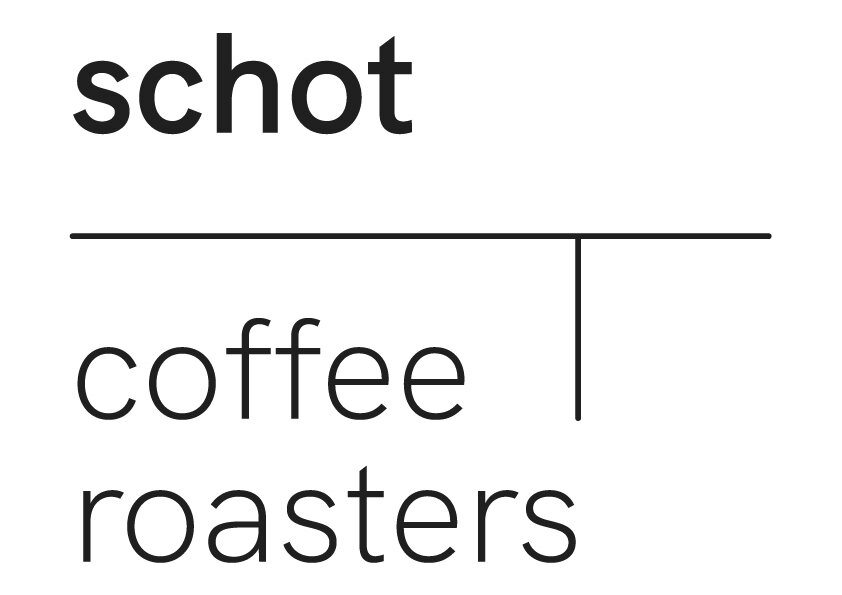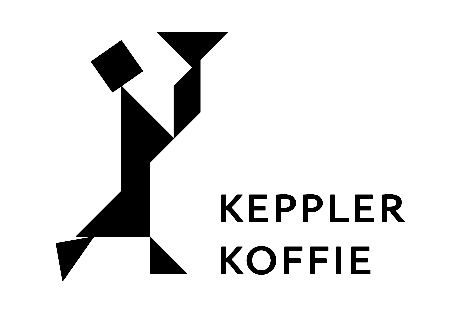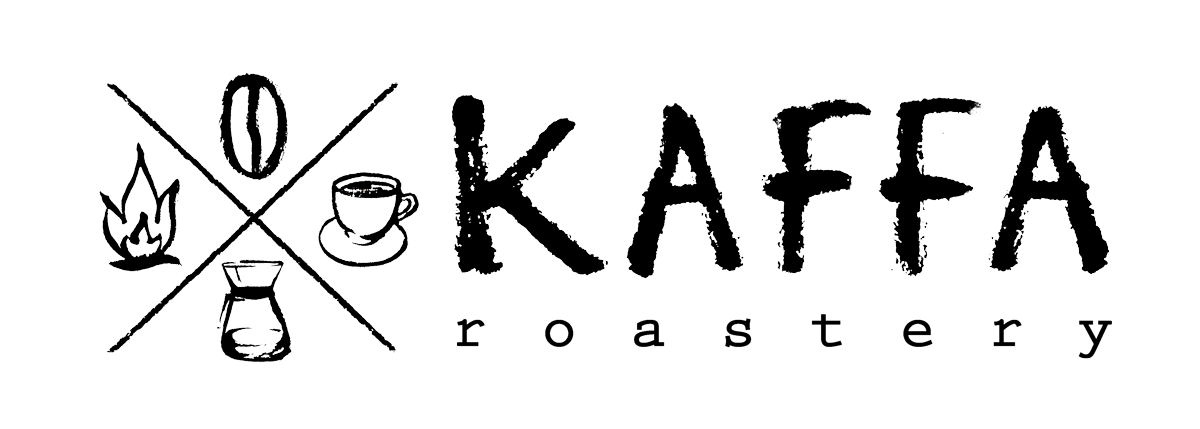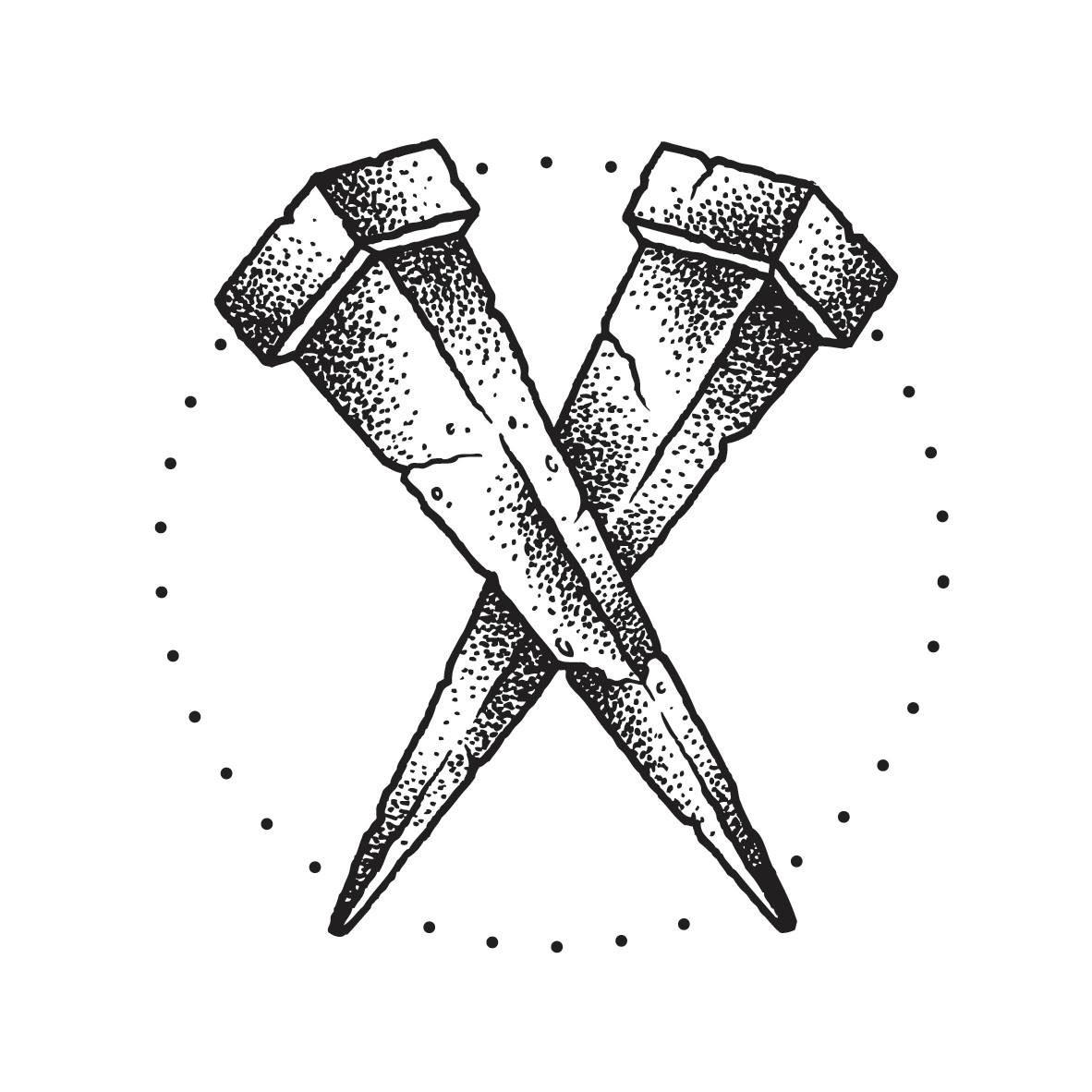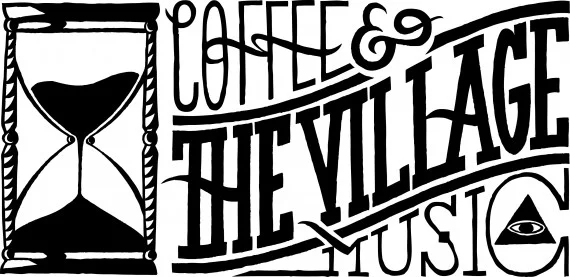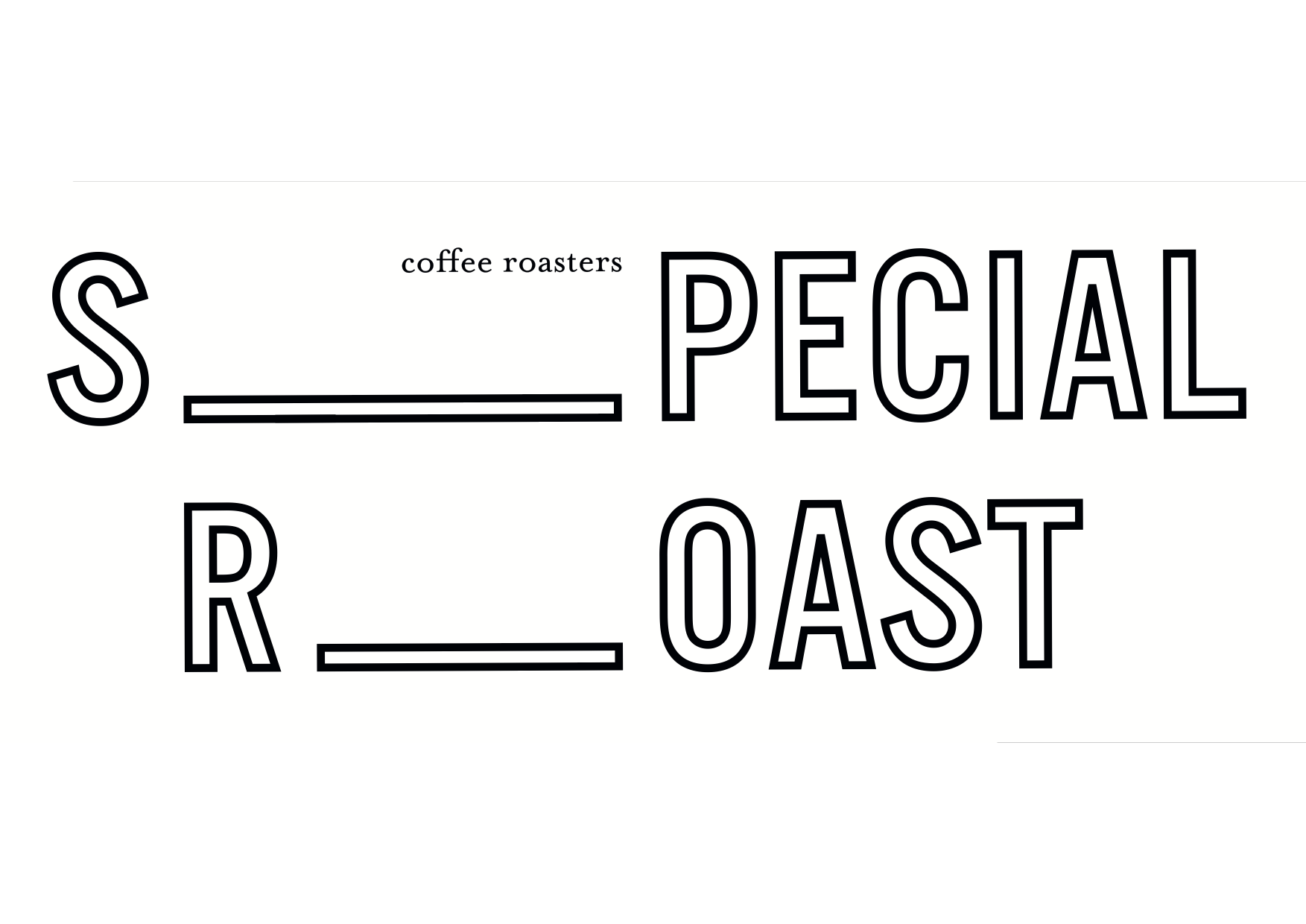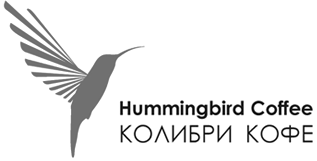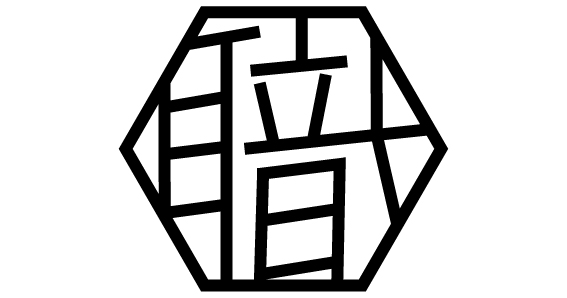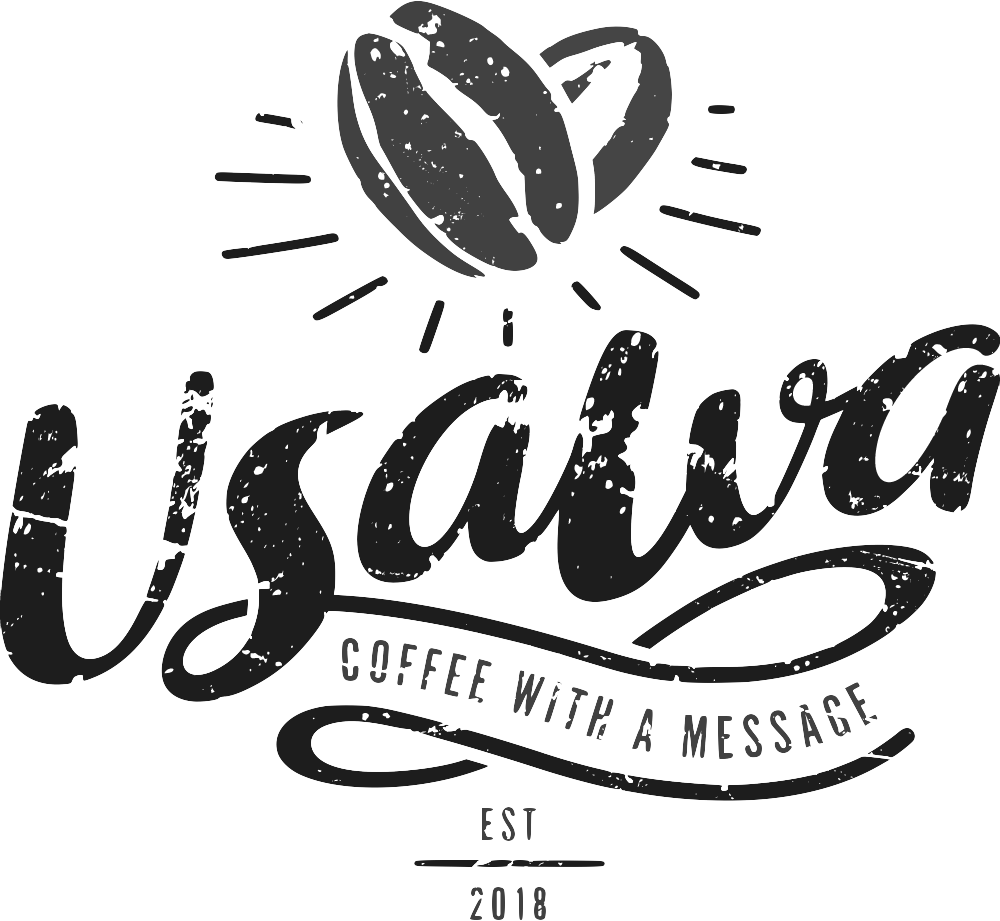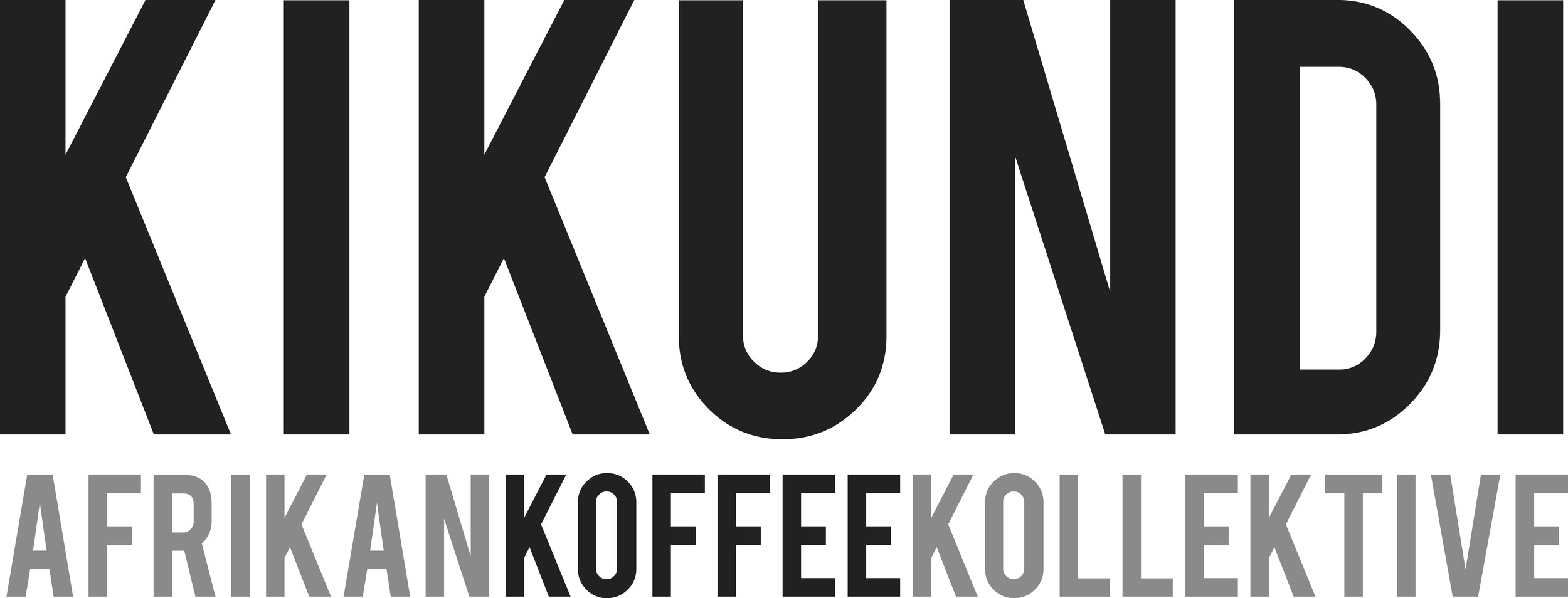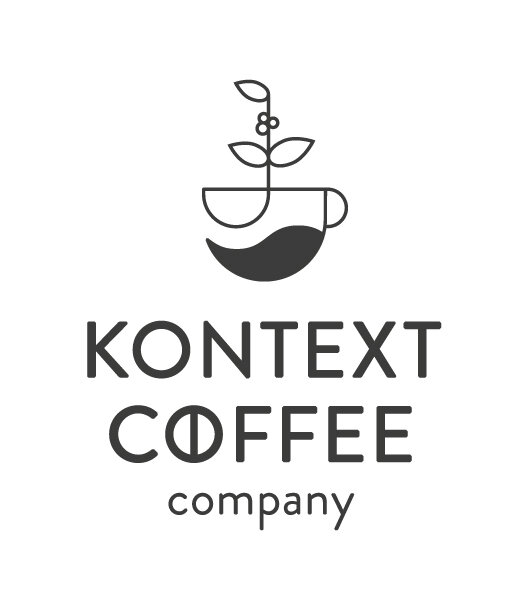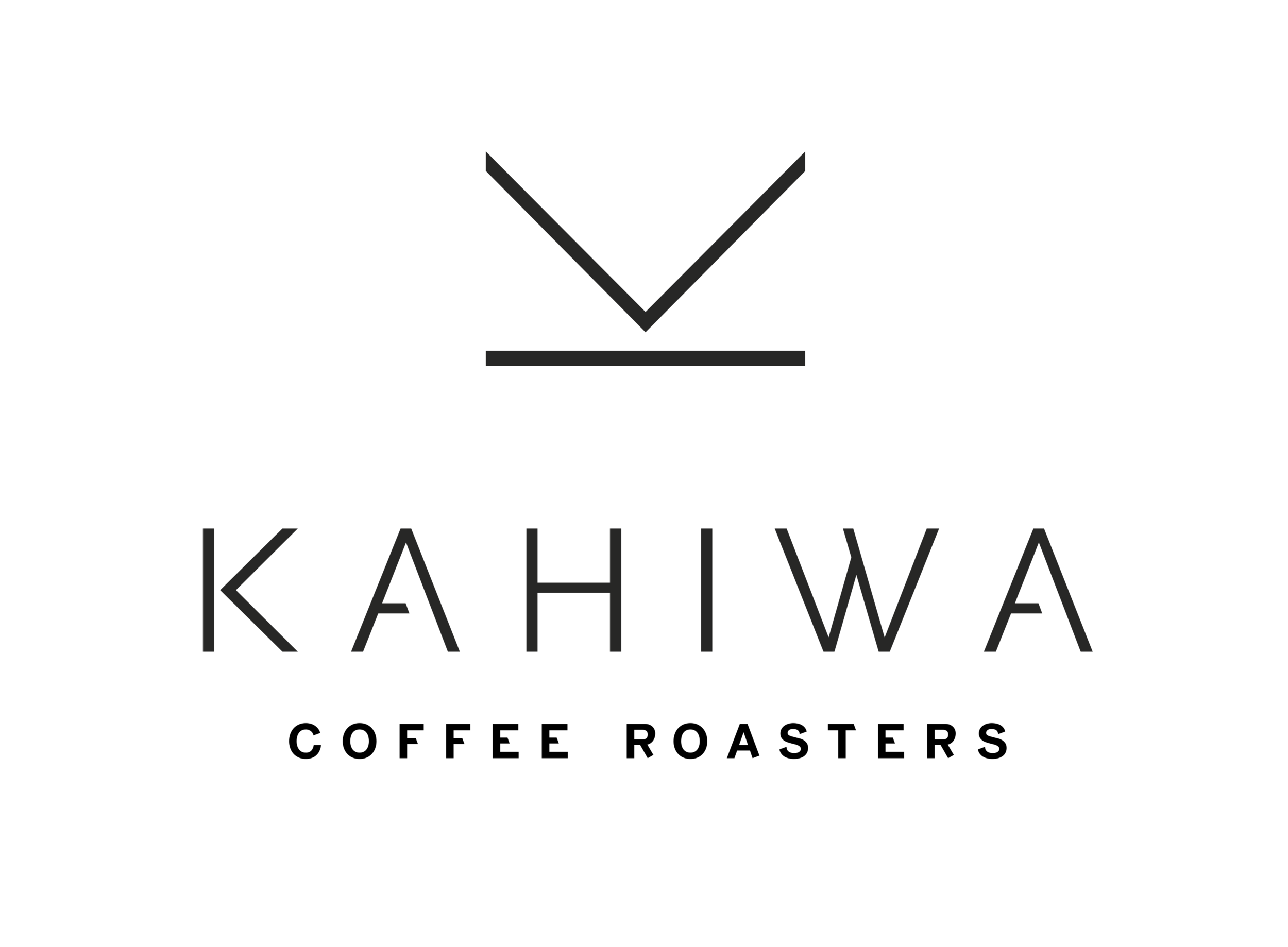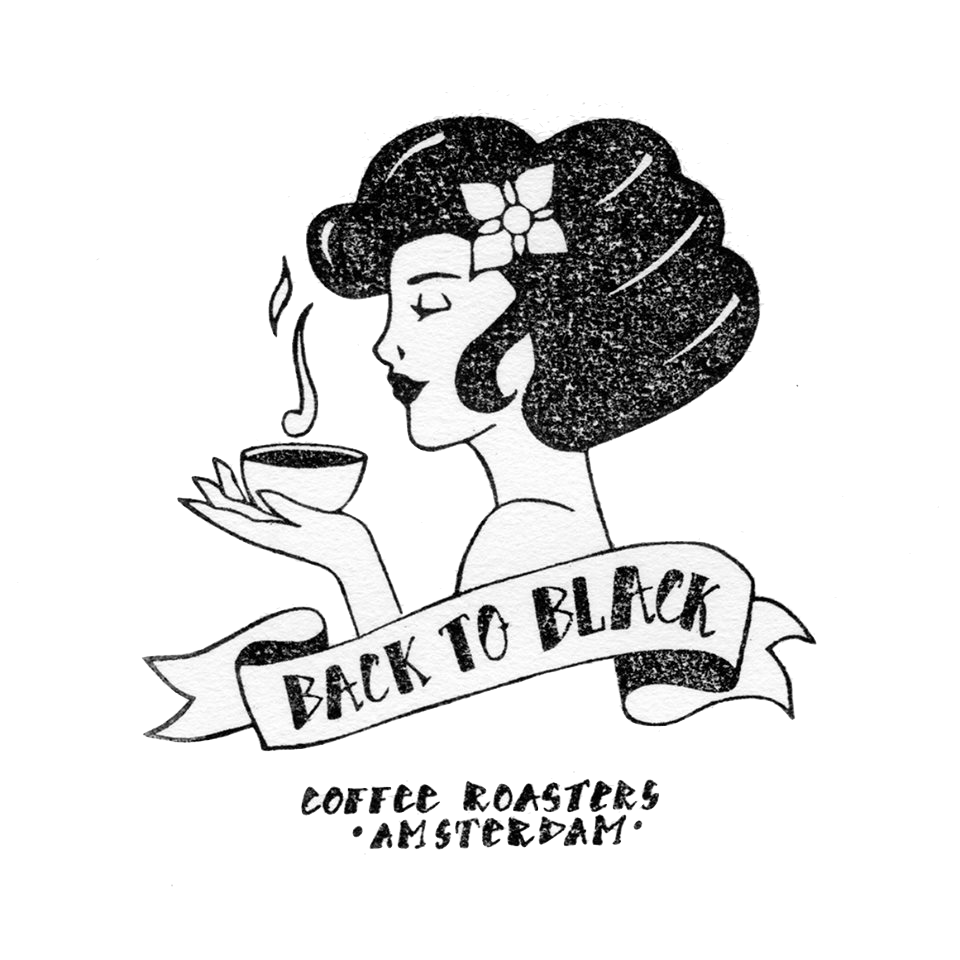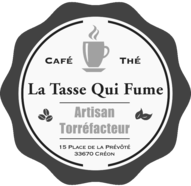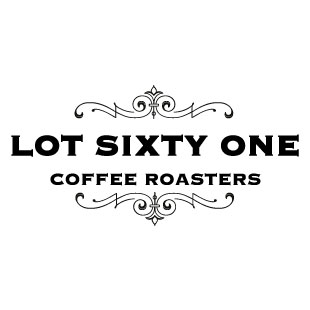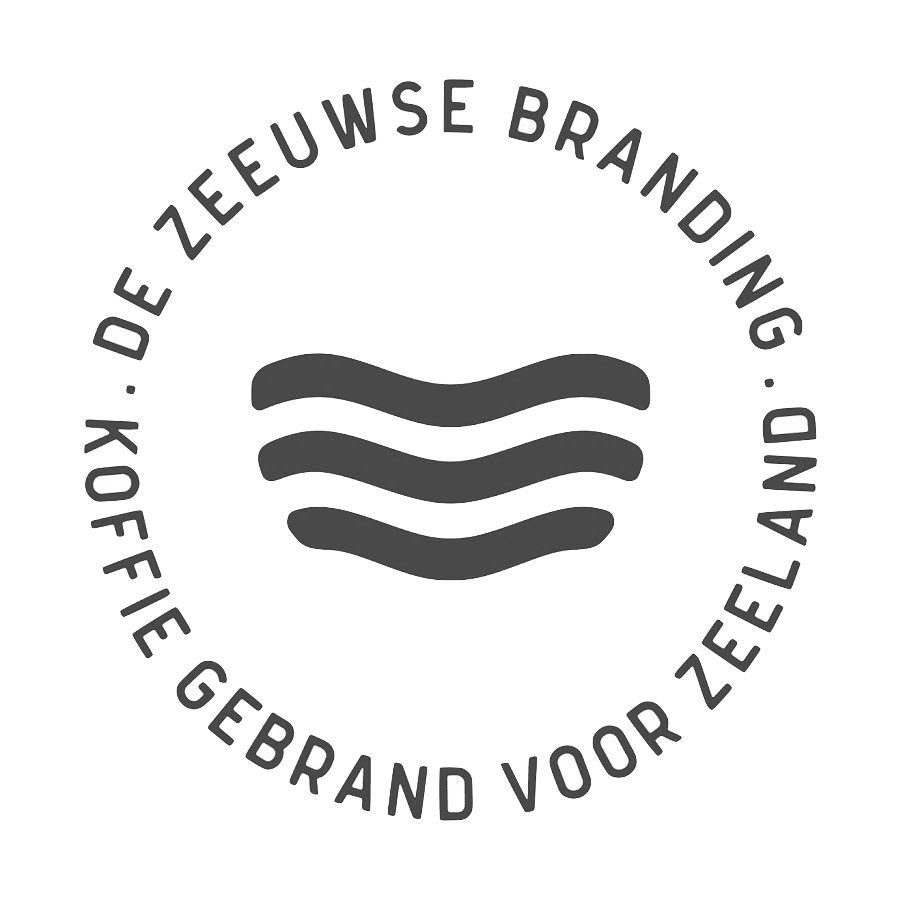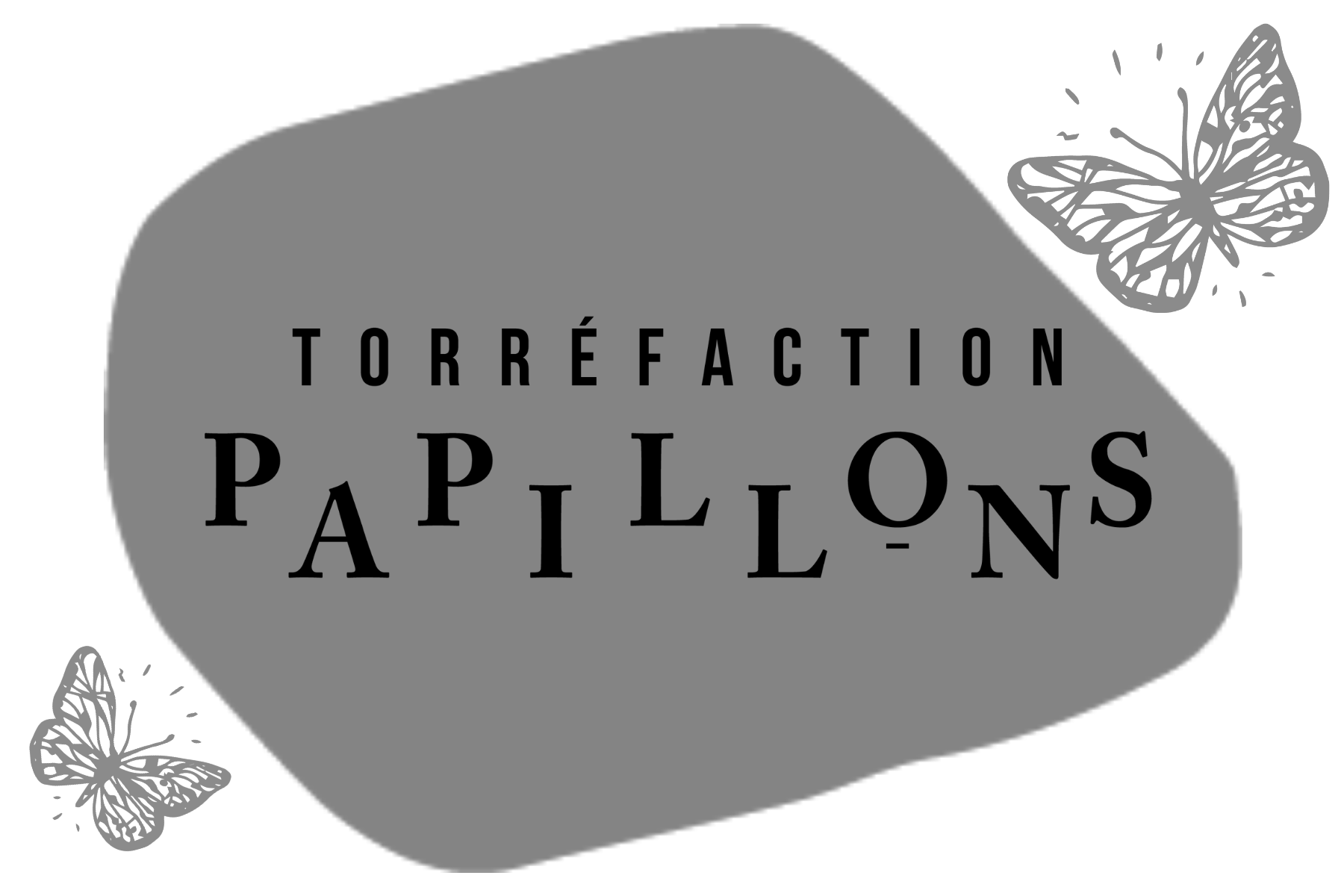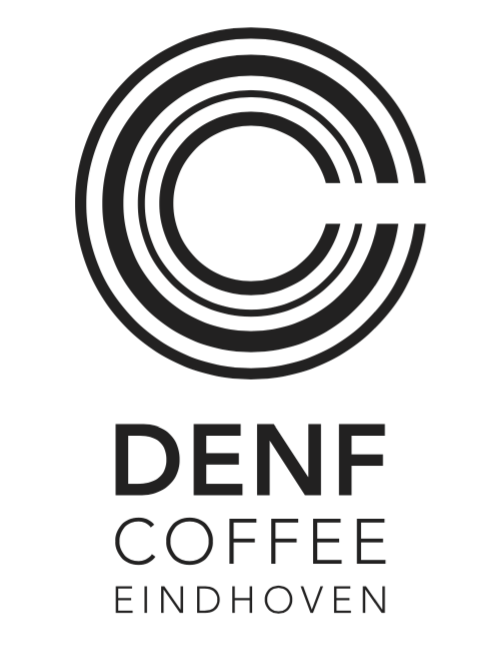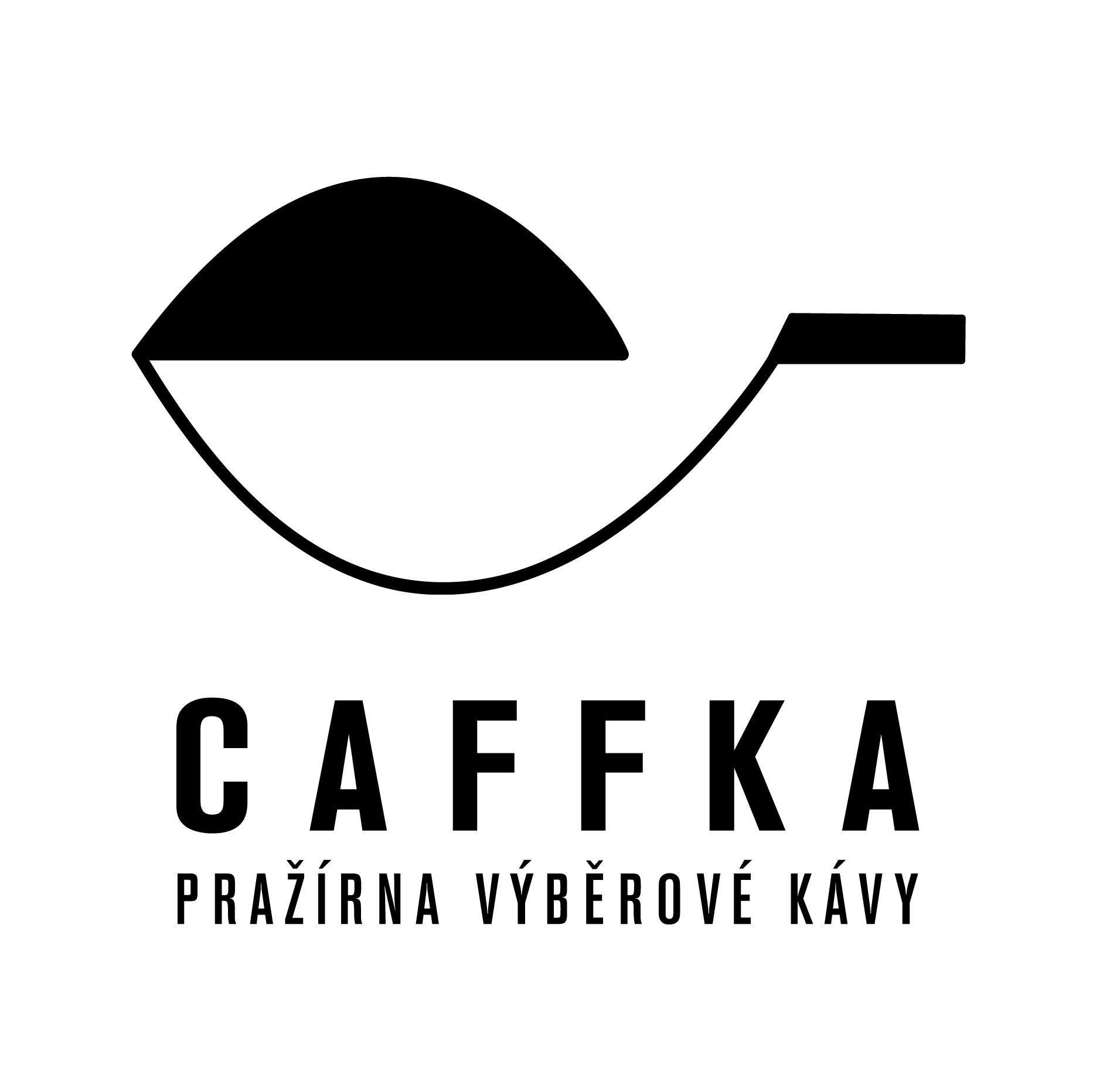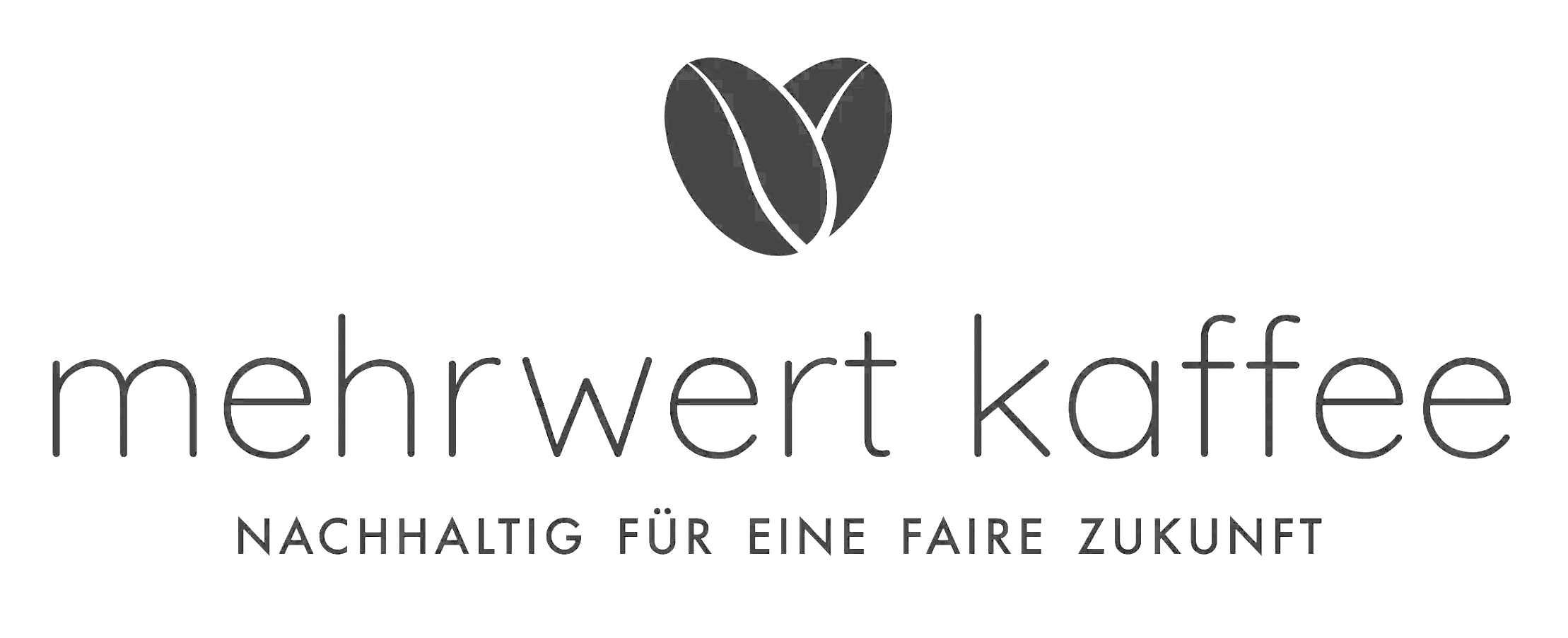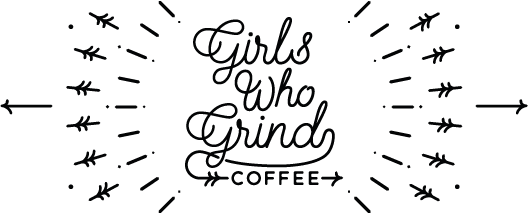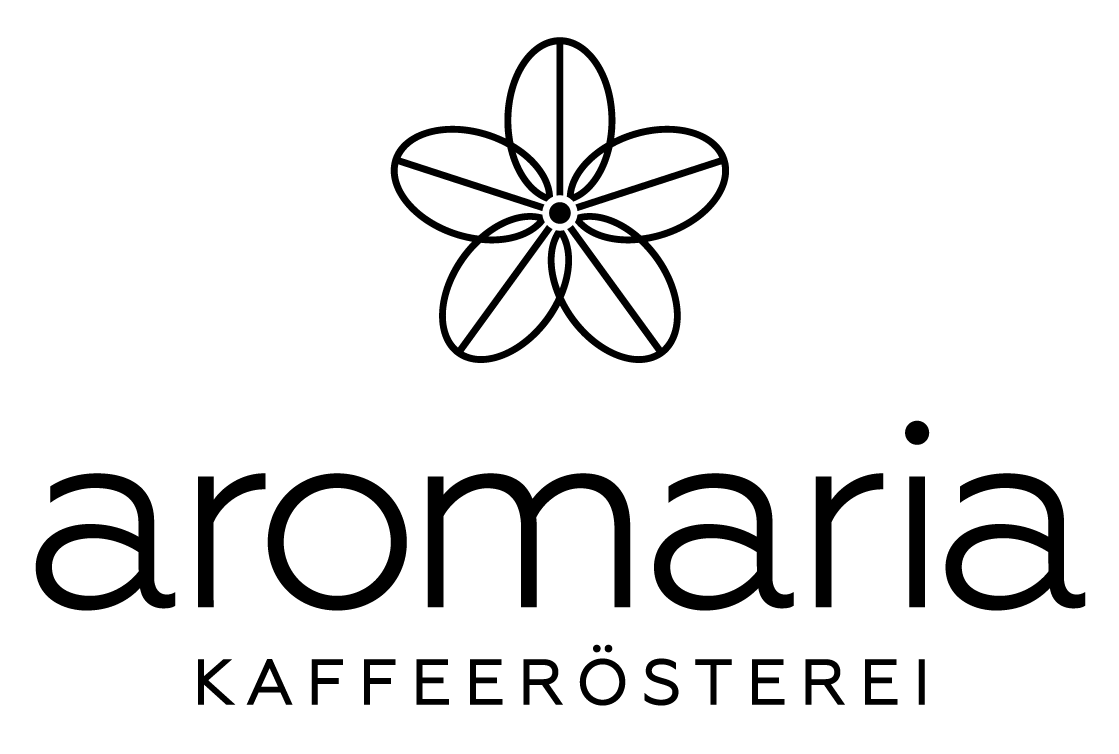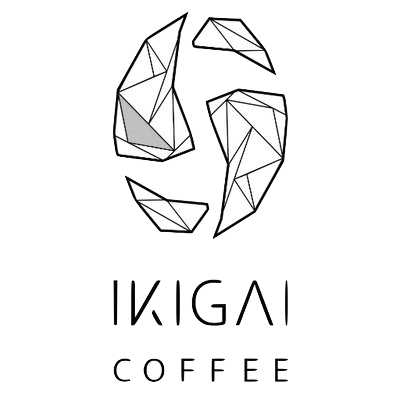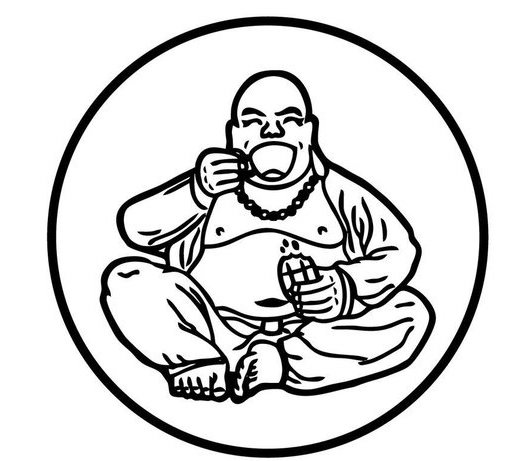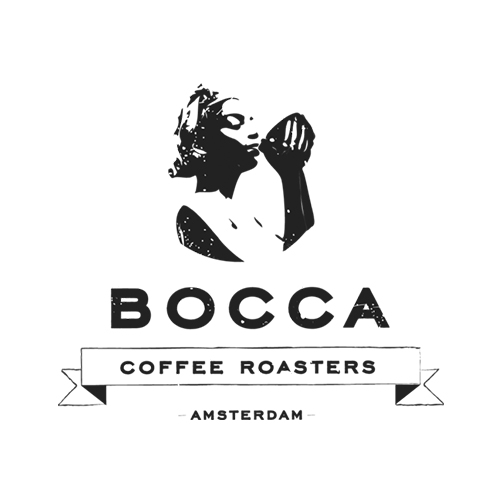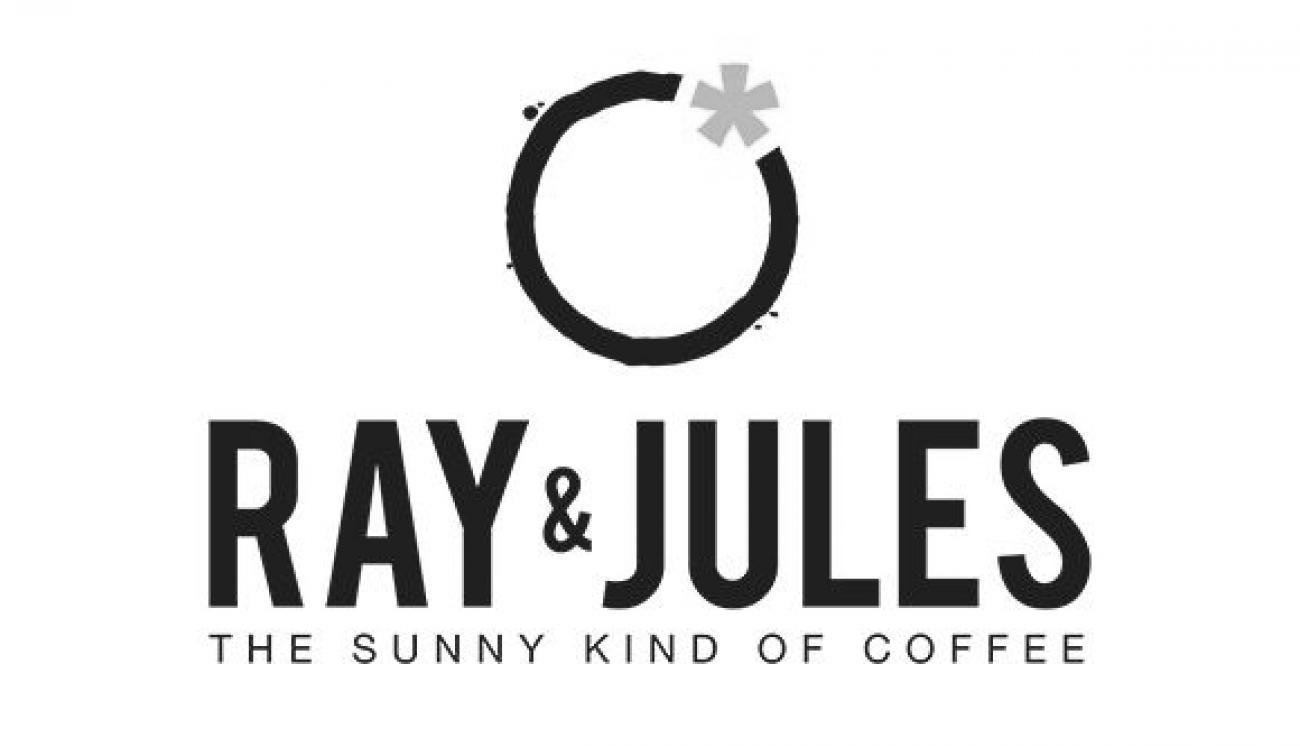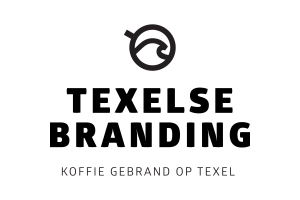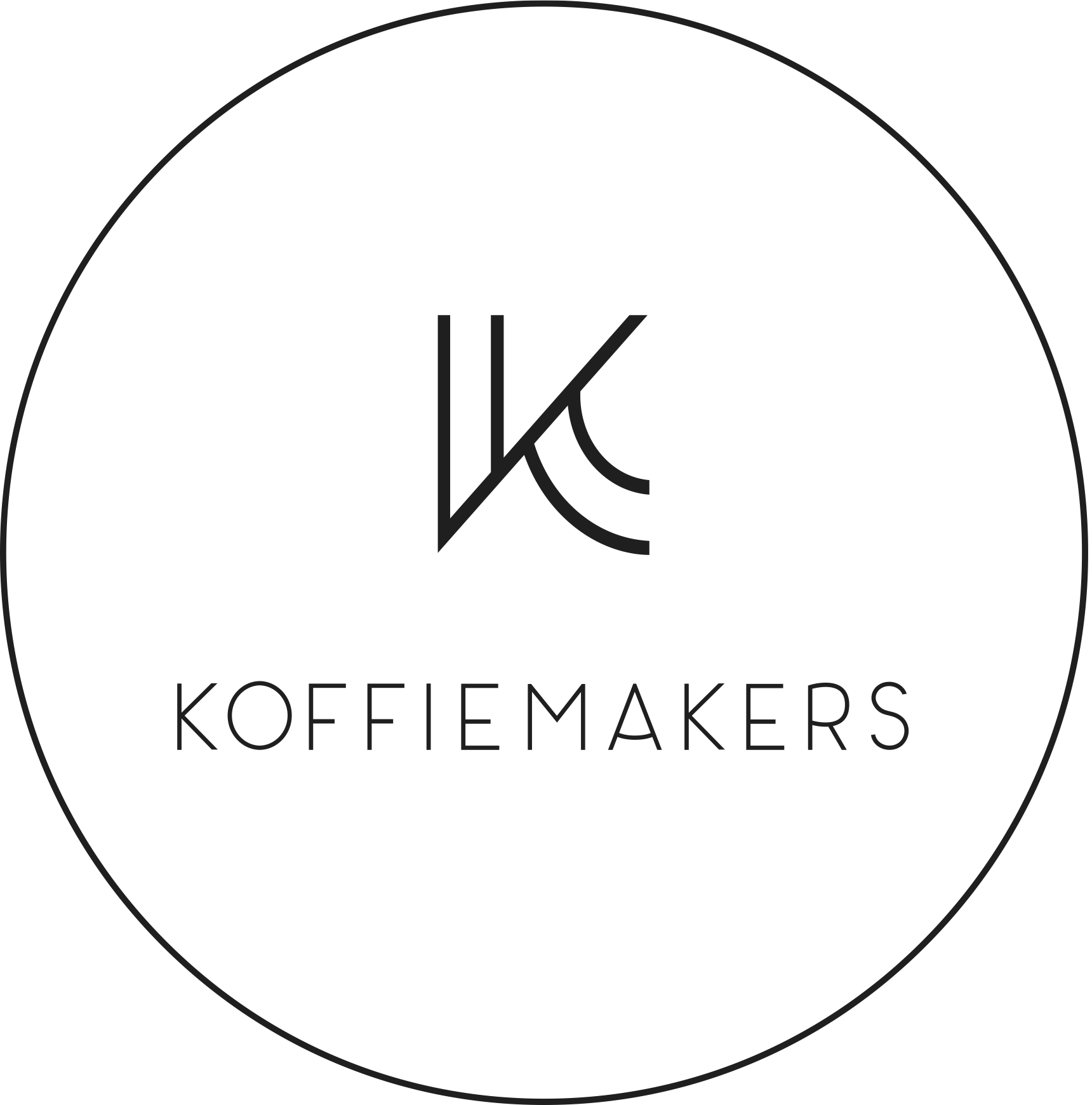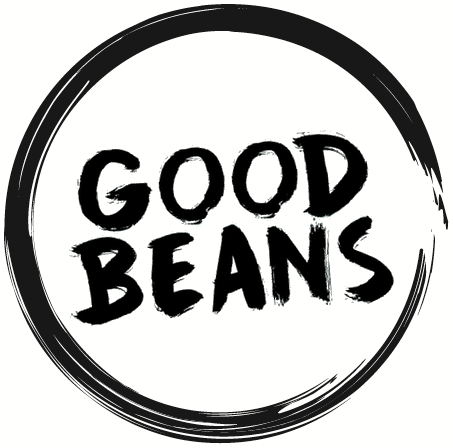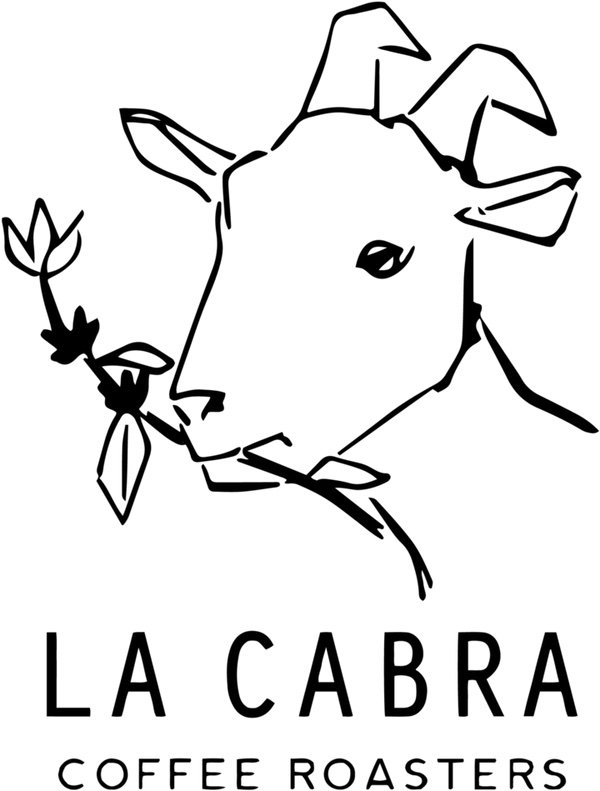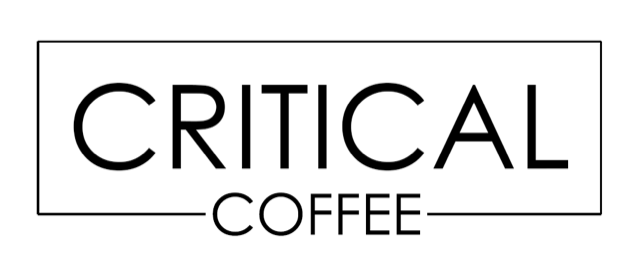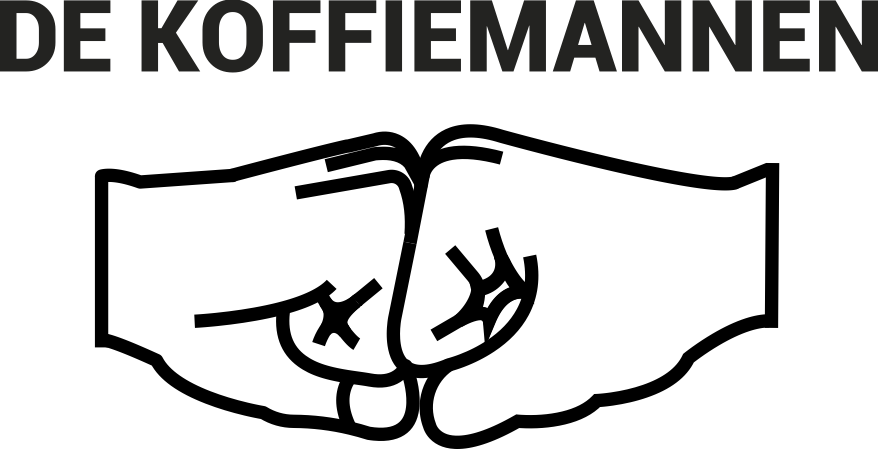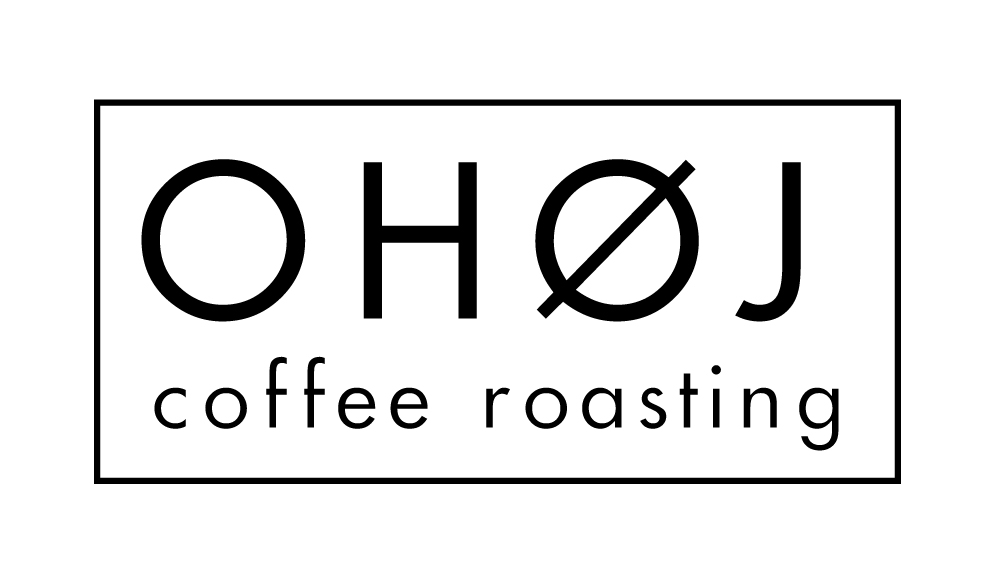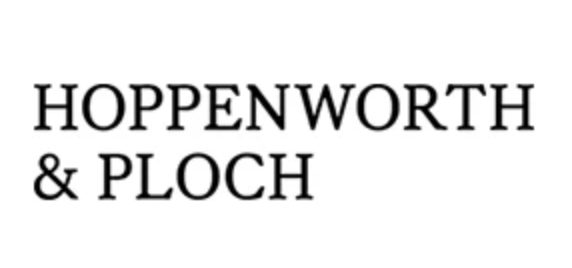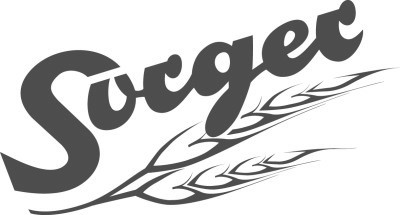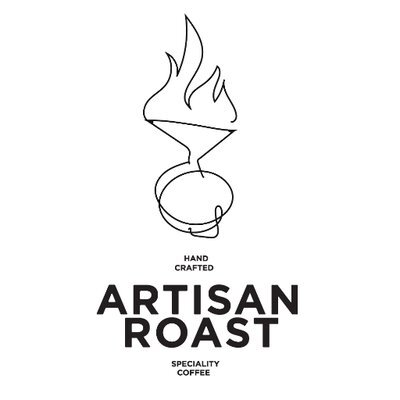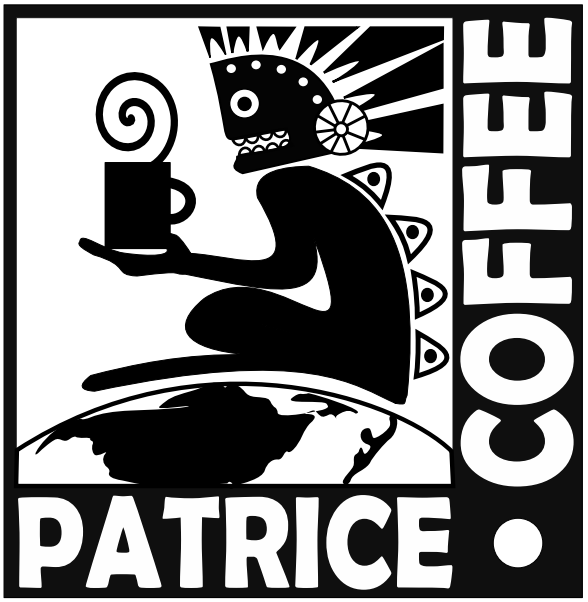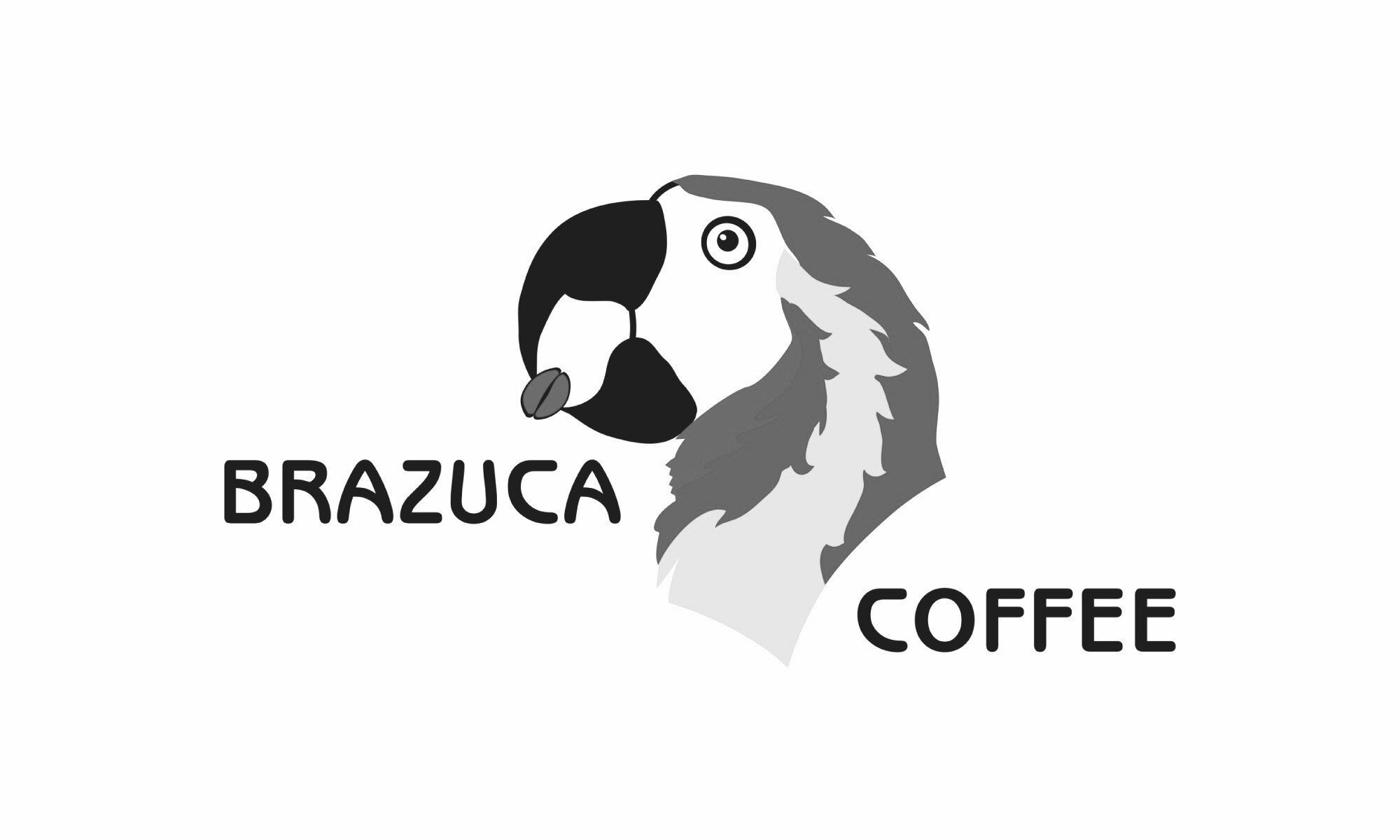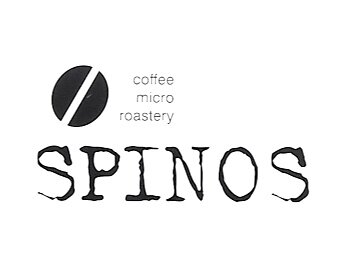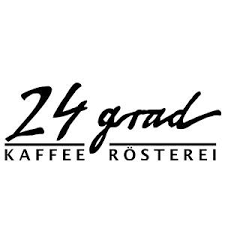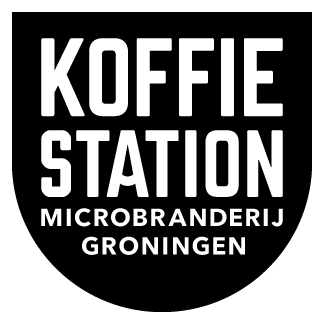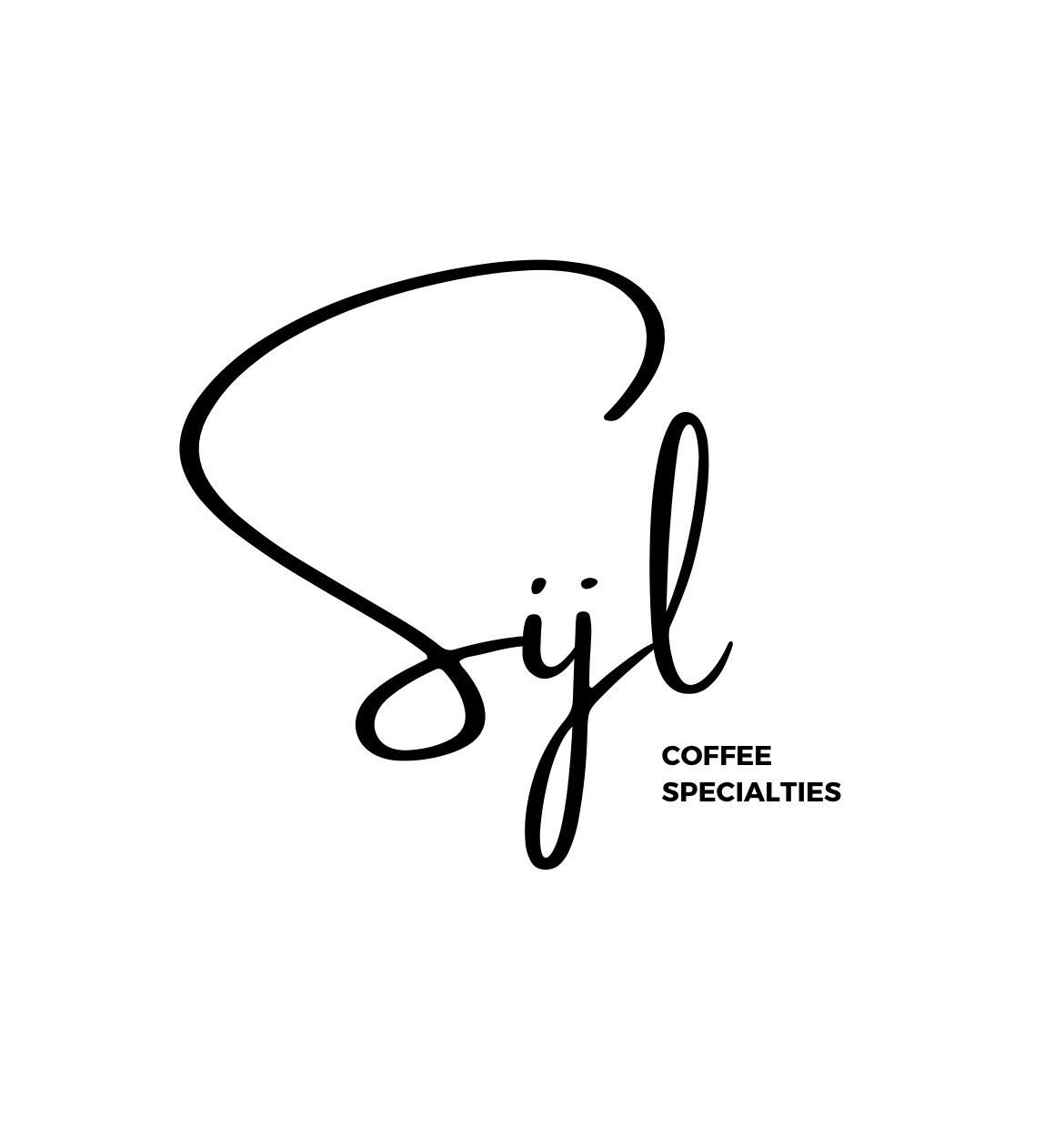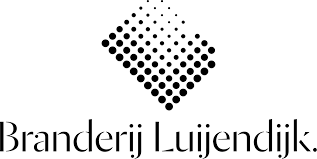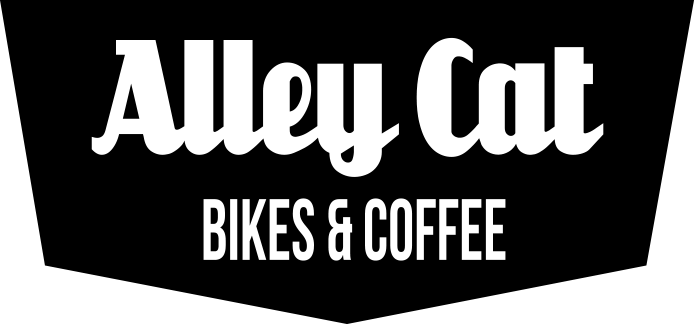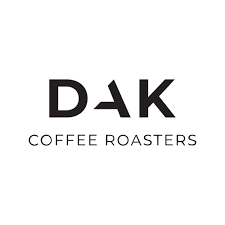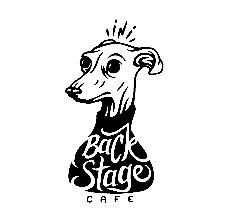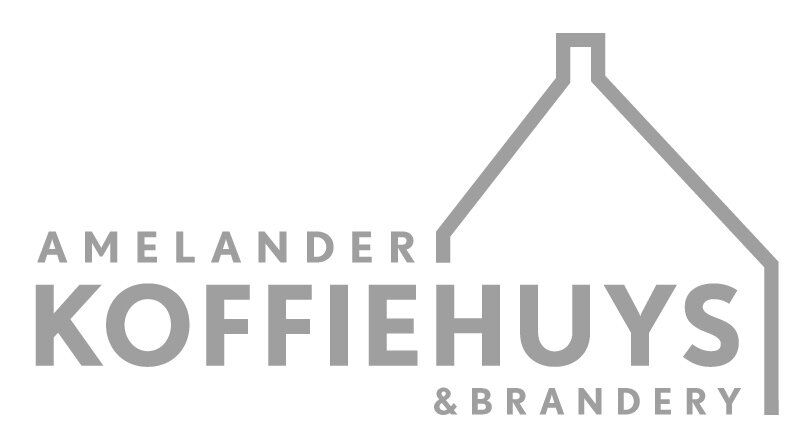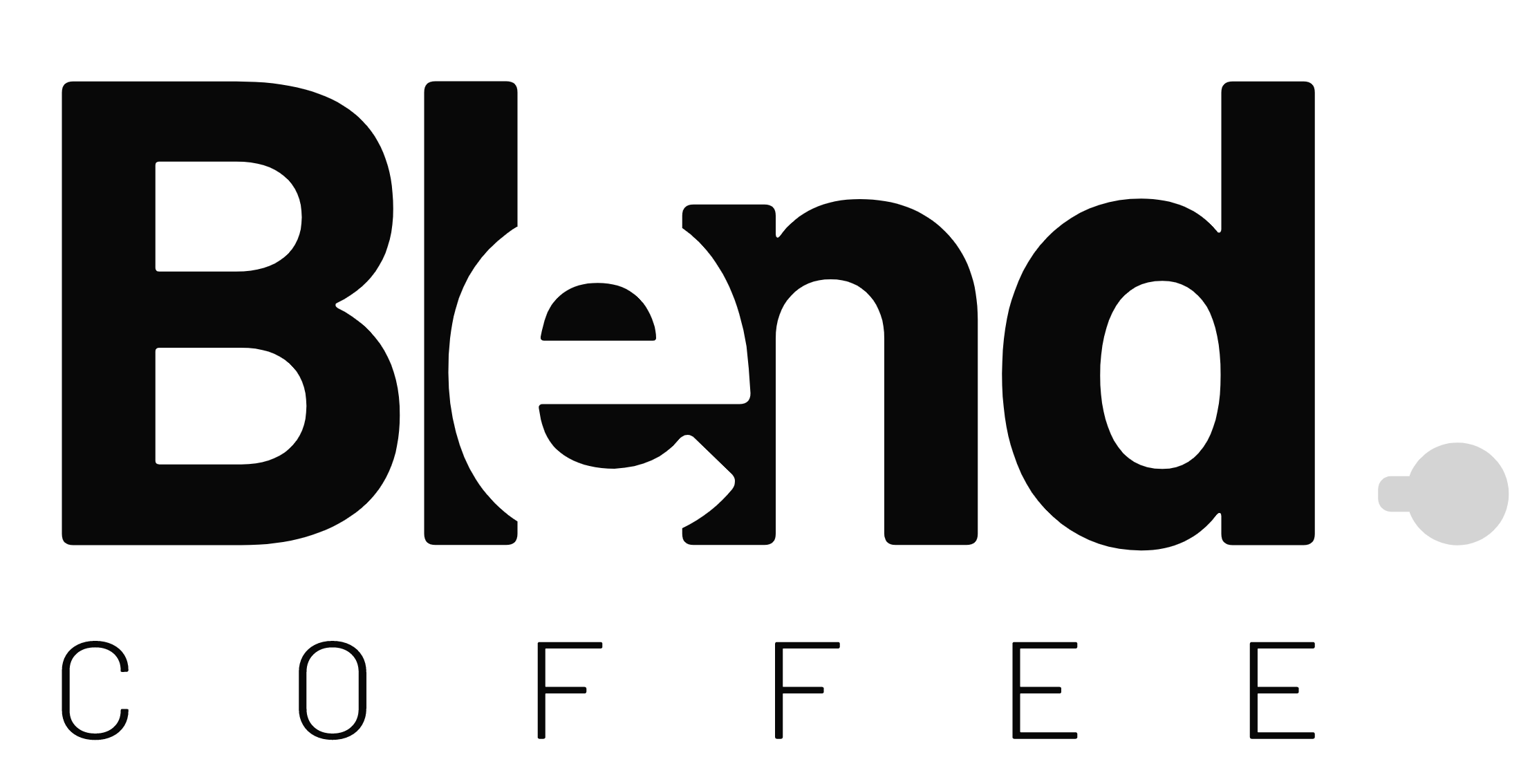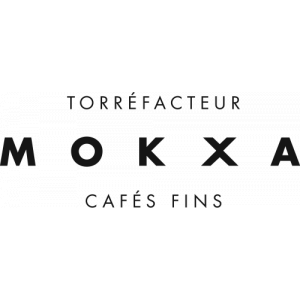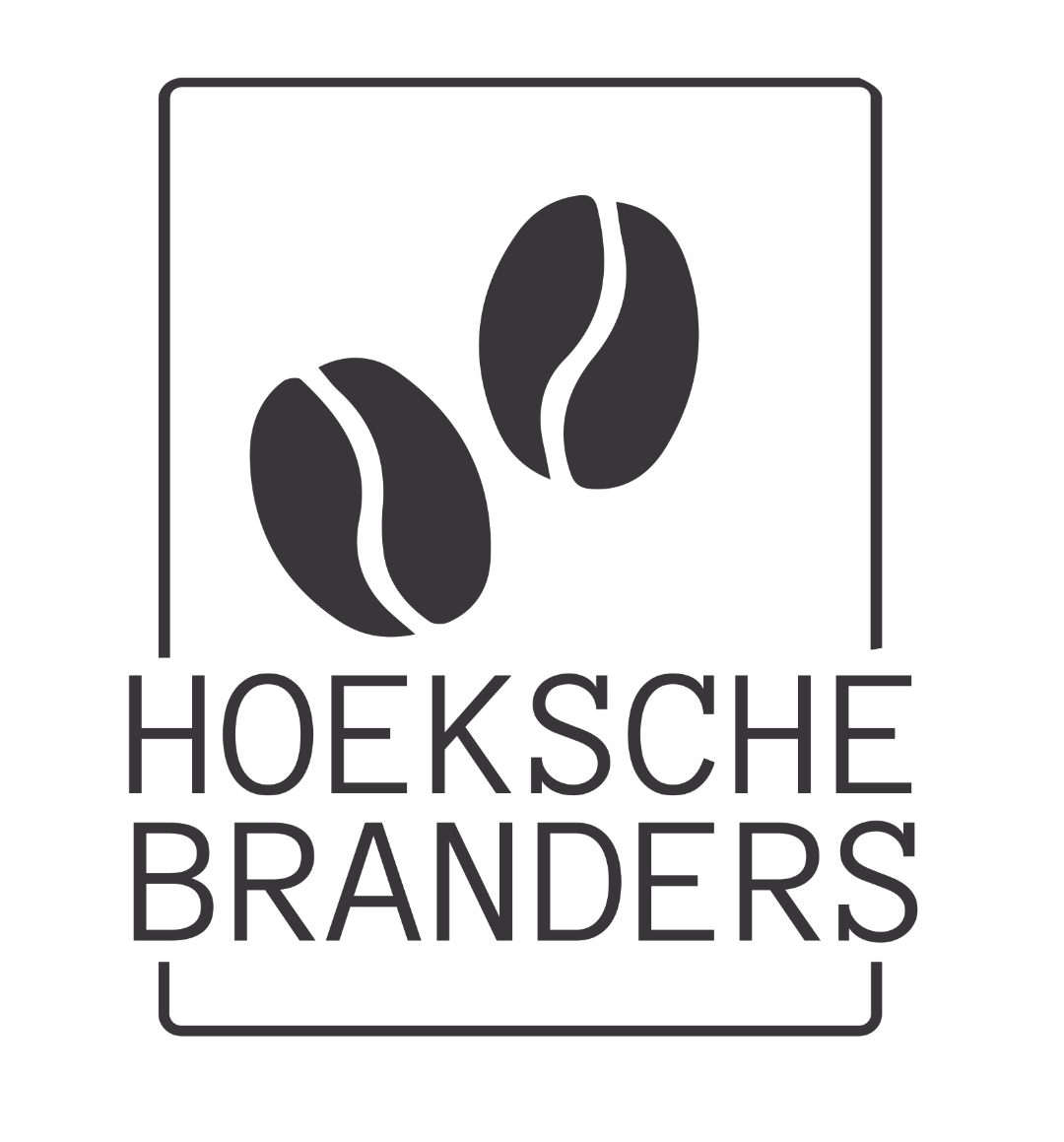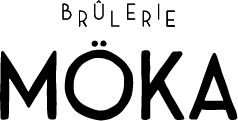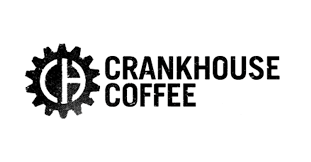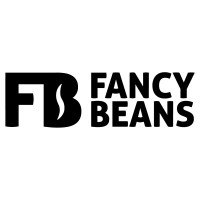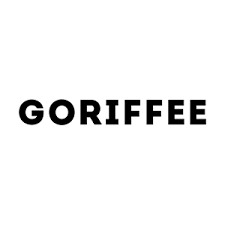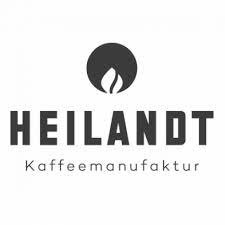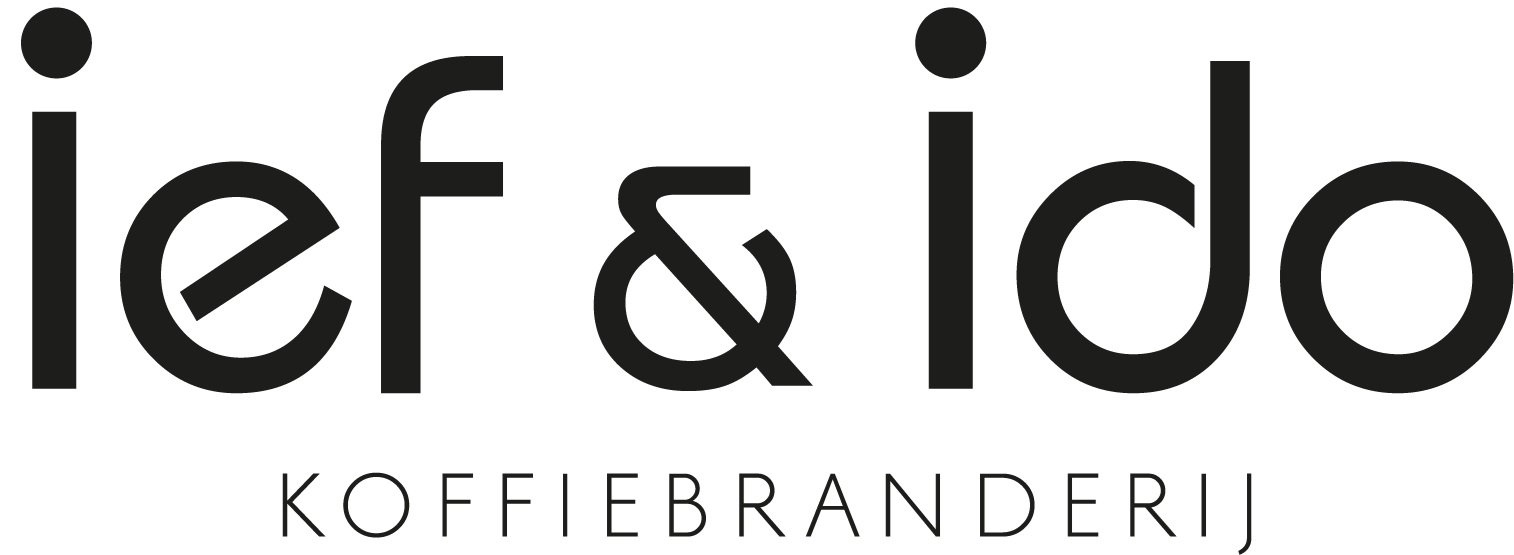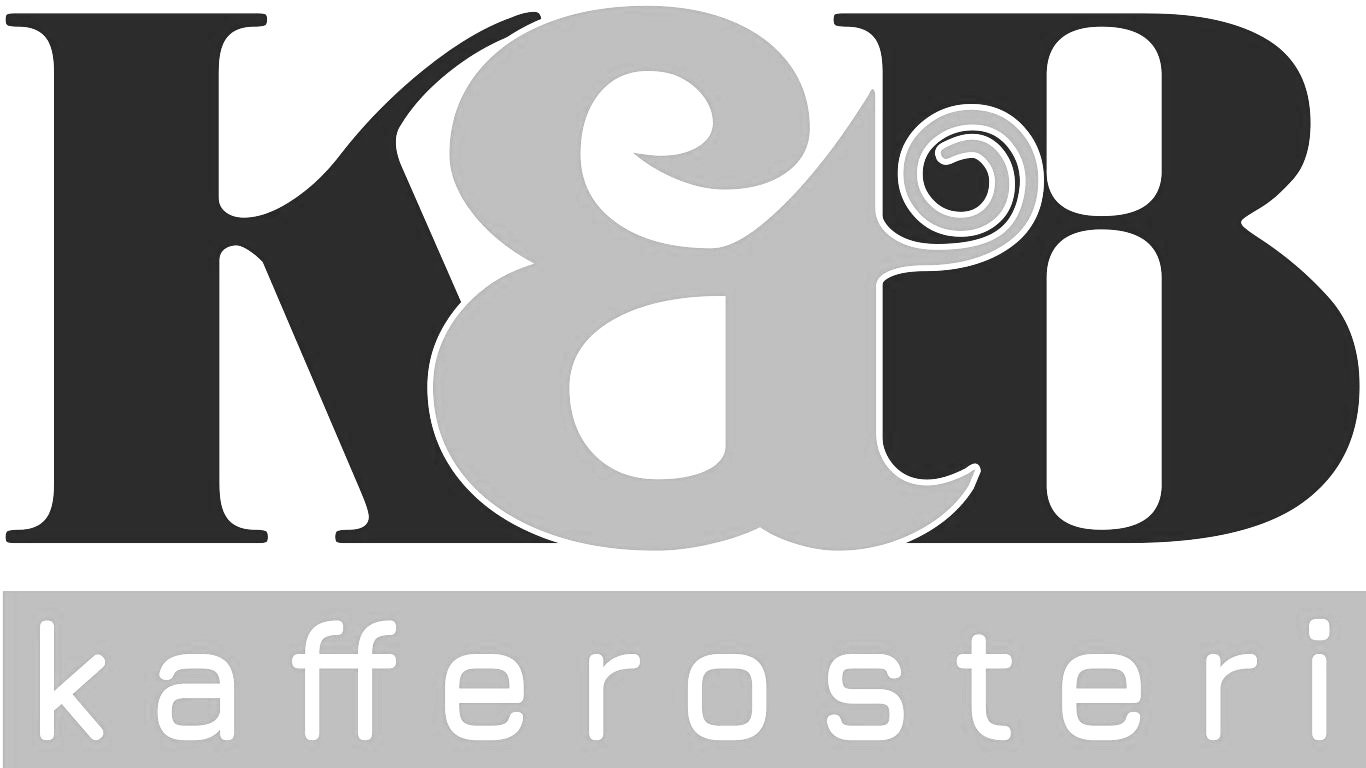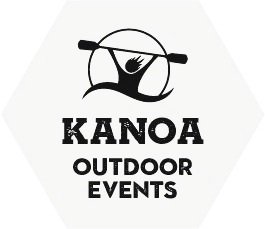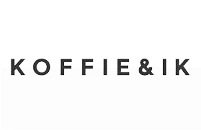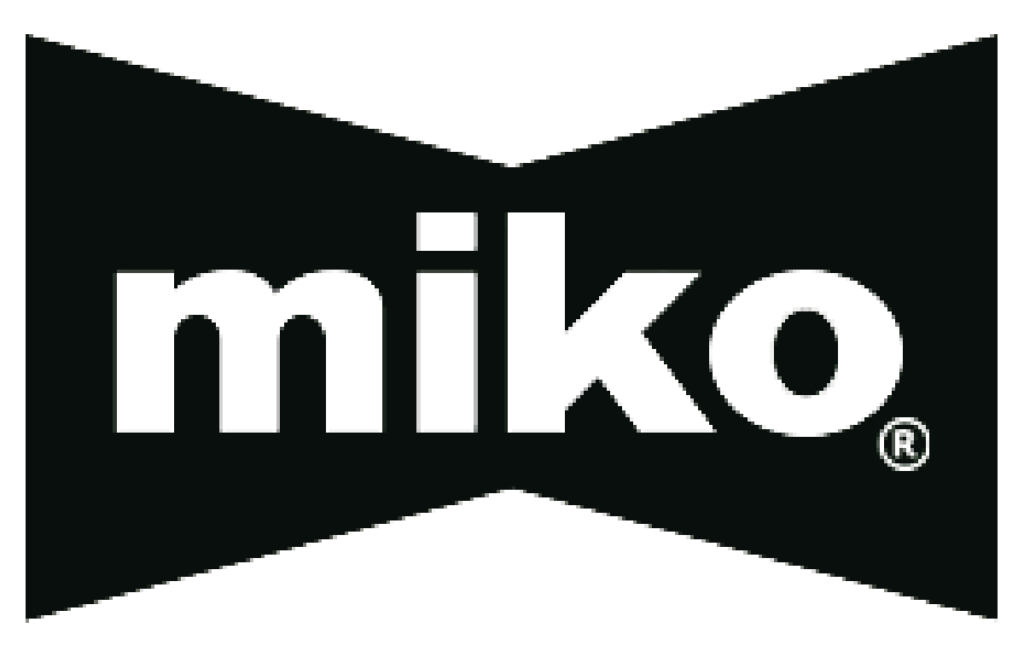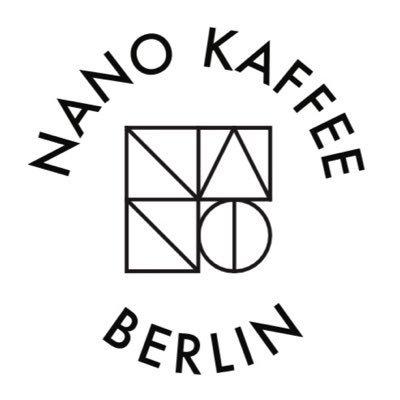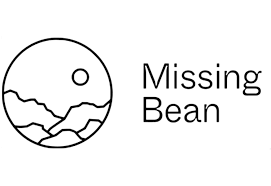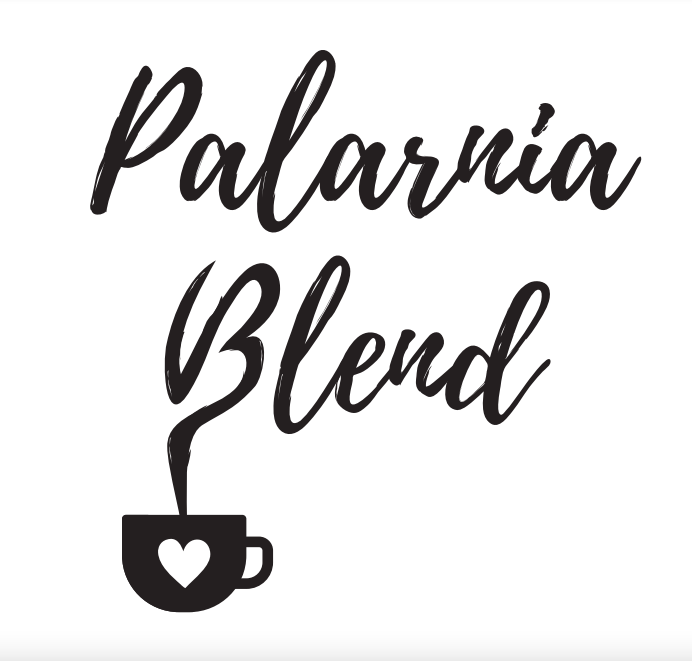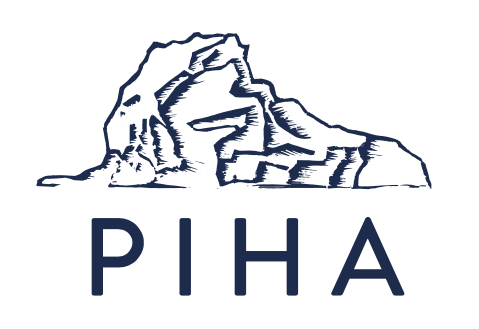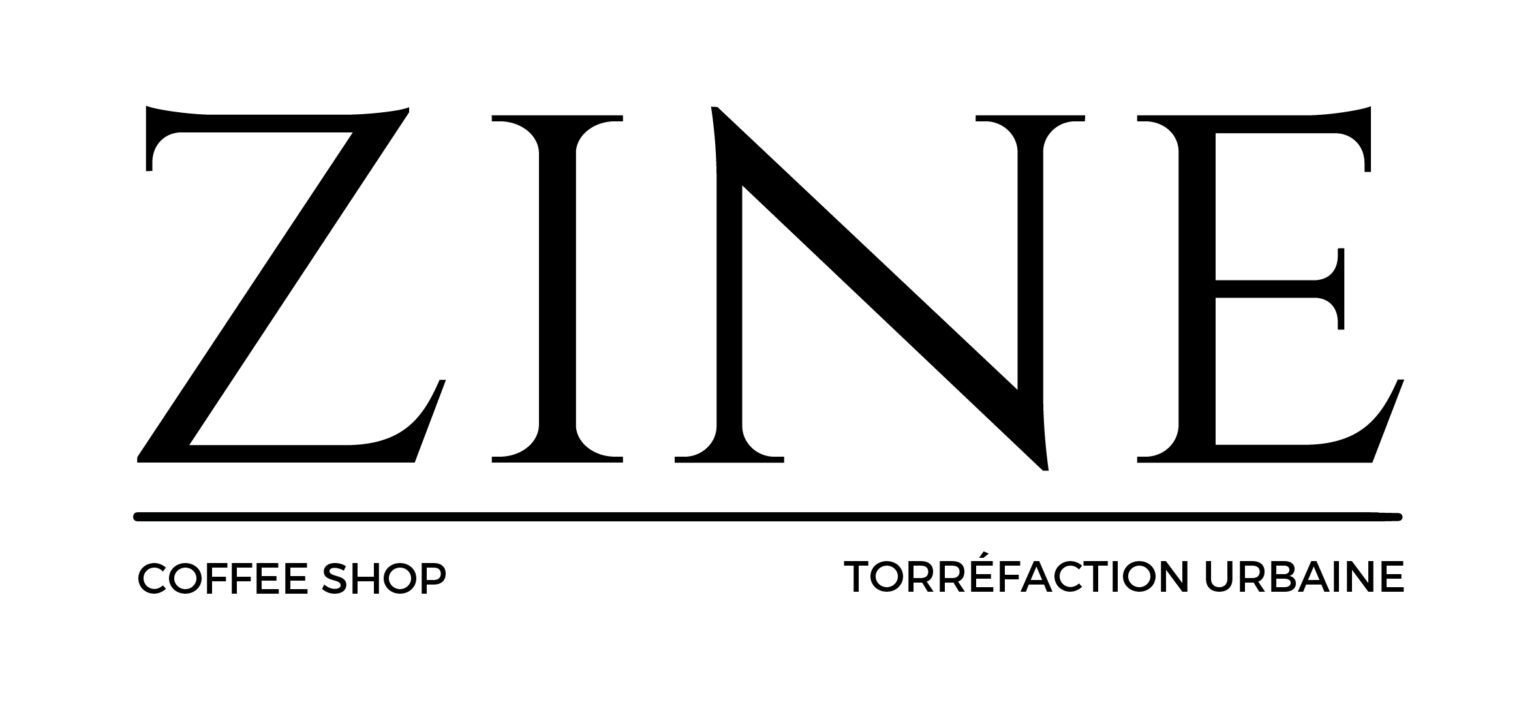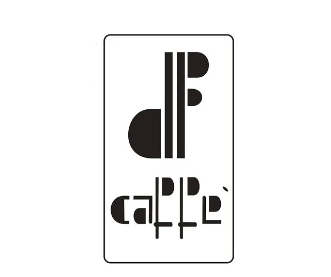Welcome to This Side Up.
A green coffee bean supplier.
A community of coffee growers and roasters.
A place where bold visions become reality.
Browse our menu, visit our webshop or keep reading below to get a better feeling of who we are.
The fundamental difference between an importer and This Side Up is that we don’t shop for different coffees every year, but that we represent origin partners with whom we share a common vision - year in year out. Together we develop the best ways to support each other economically, socially and ecologically.
Our prices are never set by the market and never by us, but as a result of a conversation with our partners. By being completely transparent about every aspect of the trade, we give you the opportunity to know our partners like we do, and know for sure that every bean you buy from us has visible, positive impact.
Since 2013, we built a huge network of origin partners in 15 countries and of all shapes and sizes. From small family operations and cooperatives to large estates, all have one thing in common: they use coffee as a means to a higher mission. Which is probably what you do too, and why you found us. Together, these farmers offer just about any coffee in every price range you are interested in - all with no concession to your values.
From your everyday staples, single farmer lots and specialty robusta to high-end microlots, processing experiments and competition coffees, there’s bound to be something here for you.
The coffee world is increasingly consolidated. The coffee importers we looked up to when we were starting out in 2013 have all merged with large corporates, in effect becoming the specialty branch of Big Coffee companies - the very ones they originally set out to oppose. We are sure that they will still make positive impact, but we are equally sure that profits will always trump impact now that they merged.
We see this as the biggest threat to the coffee industry today. We are adopting a steward ownership model that removes private ownership from our company and therefore the possibility of selling out. Soon, the only shareholder in This Side Up will be the mission of the company itself.
We hold ourselves accountable to these five simple, high and verifiable standards.
-
Trust is the most valuable asset we have in the company. It is fragile and builds slowly, but once it exists it makes all cooperation flow easier. It is earned and deepened with every interaction with our partners and team. Every shared victory, insight, openhearted conversation and joke, but also every misstep, conflict, difficult decision gone through together builds the foundation of our trade model. Trust, not obligations, are why we keep coming back to each other for more trade, work and business.
While this might seem straightforward, unfortunately this way of working is very uncommon in coffee (or any type of commodity) trade. Traditional middlemen and market speculators have immense power, which does not stem from the quality or strength of the service they provide, but simply from centuries of making profits on what either partner does not not know. Showing that a middleman can be a conduit of information and trust instead of a wall, therefore, is one of the core reasons we exist. By spreading the trust we gained in our partners both ways, our value chains become teams: compassionate to each other’s needs and cooperatively deciding what to produce, in which way and for what price.
Working like this is not just idealistically motivated, though. Compared to the old world, it is a far cheaper and more reliable way to run a global business, simply because transaction costs between countries and cultures are drastically reduced when all intentions point in the same direction without coercion, manipulation or layers of management.
-
An open and connected world means the producers of our coffee are no longer invisible. They have the right to be seen and to be contacted by whoever buys their coffee. We are not secretive about who our producer partners are and encourage communication within the chain and between chains. We not only pledge to, but are proud to show our direct relationship with the producers and the distribution of revenue throughout the chain. We also shed light on the complicated coffee trade process itself.
The direct result of accountability through transparency is that we cut out all middlemen that do not add value and that no one in the chain can get away with greed. The middlemen that do add value should do all in their power to show their “nakedness” about who they bought from and for which price. In our case, that means up to date price and value chain breakdowns of 100% of the coffees we sell. In the coffee origins page, anyone has access to all contracts, shipping documents and producer contacts from every import we did in the last years. Instead of using fancy blockchain apps that use transparency as a marketing tool, we encourage roasters to use the transparency we provide to build the same trust that we have with the producers we buy from.
Lastly, the service provided by the middleman itself should be 100% transparent. Although coffee importing is complex, it is by no means rocket science - so we always give insight into the prices and partners your trader maintains to assure clients that they are paying for our service, nothing more.
-
Equality means that we ensure that every individual has an equal opportunity to make the most of their talents and lives, whether that’s a customer, team member or an origin partner. As intuitive as this sounds, coffee trade is so skewed in favour towards the West that we are often unaware of the extent of our privilege, and often don’t know how we are treating farmers unequally. Ask yourself this: why do we talk about “living income” when talking about farmers and about bonuses when talking about coffee companies? We strive to confront the world with the inequality that is still rife in coffee, but instead of wining about it, provide a real alternative.
Instead of demanding a certain development path, we simply ask our producer partners what they would invest an extra premium in. Whether they want to become independent of banks or buy rural health insurance - if that's what your trusted partner wants, it's the right choice. Only when this equality is reached can developmental projects like child labour prevention or regenerative transitions have a true shot at working in the long run, i.e. when they are built on mutual understanding and compassion.
Another aspect of equality is only helping those who want to be helped. Many farmers grow coffee because there are no other economic opportunities. They will and they should leave farming as soon as other opportunities present. To create a viable coffee future, we need to partner with serious farmers that have vision, business sense and want to be a source of inspiration for their communities. A cornerstone of our trade model is to seek out these golden partners and, as equals, help them invest in social and ecological justice in creative and lasting ways.
-
We always strive to work from a systems point of view, not thinking solely of what is best for the company, producers, roasters or ourselves, but from the point of view of how we as a value chain are cooperatively serving the whole. This means daring to make ourselves redundant. If producers or customers get opportunities for development outside of our sphere of control, we will not try to stay in control at all costs, but instead put the interests of the whole before our own.
This also means actively refraining from viewing competitors as such if they serve a valuable purpose in an ecosystem. We believe that a healthy business grows simply by being true to a vision and by showing the world what it does, and thus attract the right energy. Only if you actively try to take customers from others, or fear that others will take your customers, will you feel competition - arising from fear and the illusion of scarcity. Without this fear, there is just cooperation with likeminded people, just community. By framing our message truthfully and boldly, these likeminded people will switch from working with companies who consciously destroy livelihoods and ecosystems. As such, we grow simply by being true to our vision and by showing the world what we do.
Competition is equally destructive in the way middlemen buy coffee. We can talk about unstable prices, a changing climate or pests and diseases - but nothing hurts a coffee farmer more than not showing up the next harvest. Instead of always shopping for the perfect cupping score or taste profile, middlemen should provide continuous support to the farmers they buy from and help them upgrade quality to the standards of their customers. Only then can they build the stability and lasting bond for any true economic, social and environmental sustainability to take place.
-
We believe that when you respect the pace of nature, it will reward you with abundance. This applies to the way we view and treat our company (like a living organism) as much as it does on the coffee fields.
In the short run, a farmer might think that chemical pesticides and fertilisers will give better yields and more income, but in fact their farm slowly gets degraded and addicted to these inputs, resulting in even more problems in the long run. We help farmers transfer to regenerative systems that make use of the land’s local species and features to make the best possible habitat for the coffee tree. Such a system is very knowledge-intensive but when done right requires less care, restores soils and biodiversity, balances the micro-climate, gives higher quality coffee, generates additional income and attracts more loyal buyers.
In the same way, seeking profits and investors is like an unnatural boost to a company. While profits are essential for a healthy company, financial growth targets can spur fast, unhealthy growth that makes the company addicted to further growth and disregards the complex interplay of the ecosystem on the organism that is This Side Up.
Therefore, a good middleman grows at the pace of the grower and roaster partners it serves, and reinvests profits in the creators of the value of the coffee. We are already proud not to have any outside investors breathing down our necks demanding growth: this gives us the headspace to stay in close connection to our partners, stay true to our vision and creatively keep expanding it together. Soon however, we will become steward-owned, further guarding the organism from the influence of greed.
As for waste, this does not exist in nature. Although we realise that we still create waste and emissions, we strive to mimic natural cycles by using either compostable materials or by finding creative ways to repurpose undegradable packaging. We always try to rethink the value and waste flow in our own company and encourage all chain partners we work with to do the same.
This Side Up’s most important asset is the trust and experience we built with our partners in origin. The trait they all share is that they have one foot in their local community and one foot in the specialty coffee world, making them the cornerstone for our success and the prerequisite for any impact we make.
Click on their pictures to find out more about the origin, the communities and coffees they represent.
Here's a list of folks who roast This Side Up coffees - the passionate,
crazy and wonderful people who make all our work possible.
Visit their websites by clicking on their logos.


























